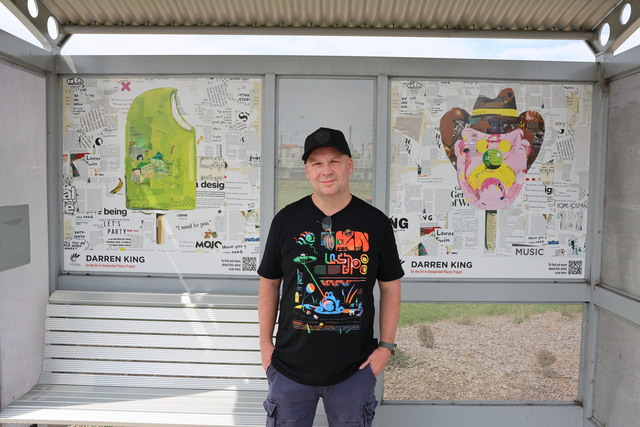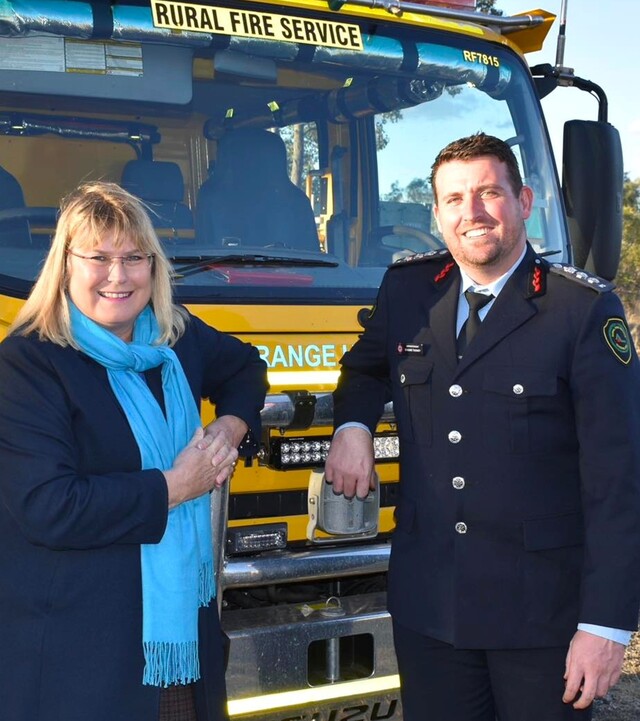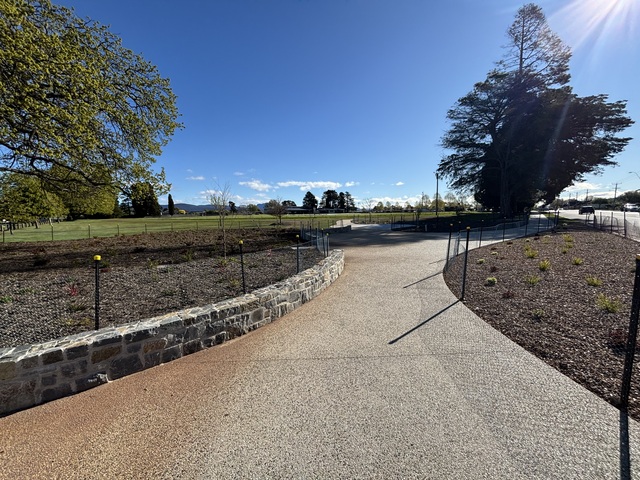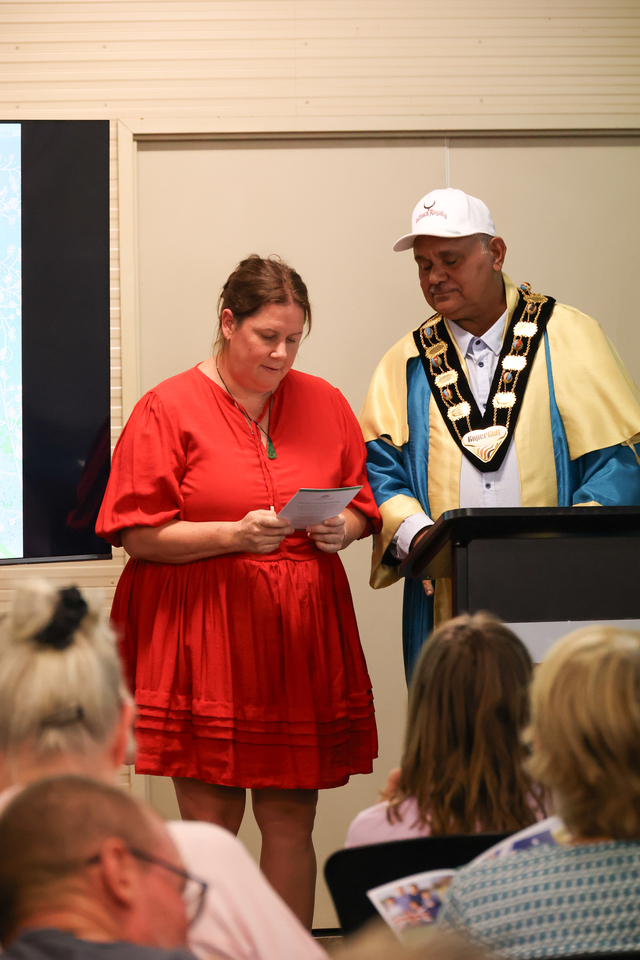1.5 million sporting passes towards good health
In August this year, children participating in the Australian Sports Commission’s Active After-School Communities (AASC) program will be raising awareness of diabetes while improving their own fitness levels. Diabetes is Australia’s fastest growing chronic disease.
From 17 to 28 August, AASC participants will be passing balls, frisbees and relay batons – and engaging in other physical activities – up to 1.5 million times (one ‘pass’ for every Australian with diabetes*) as part of the national Turning to Sport for Good Health campaign.
Turning to Sport for Good Health is a joint initiative between the AASC program and Diabetes Australia that aims to raise the awareness of the risk of diabetes and educate children that sport plays a major role in a healthy and active lifestyle.
Around 275 people develop diabetes each day in Australia (enough to fill the MCG every year!) but research shows that if we increase activity levels, such as by playing sport regularly, and change our eating habits, we can lower our risk of developing type 2 diabetes.
“While there is no cure for type 2 diabetes, research shows that up to 60 per cent of cases can be prevented through healthy diet and regular exercise,” said Diabetes Australia CEO, Matt O’Brien.
The AASC program plays a big part in increasing the activity levels and health of primary school children by providing early exposure to fun, safe and inclusive sport, which helps children develop a lifelong love of sport.
Each week 150,000 children in the AASC program around Australia are encouraged to lead healthy lifestyles by playing after-school sport and eating nutritious food.
“Healthy eating and physical activity habits start young, so the Turning to Sport for Good Health campaign is a terrific step in helping educate children about the health benefits of sport,” Matt O’Brien said.
The campaign is also about creativity: finding fun ways to make ‘sporting passes’. As well as being part of traditional games, such as netball, basketball, football and hockey, a sporting pass might also be collecting ‘treasures’ at the bottom of a pool, running and skipping between markers or throwing juggling balls in circus sessions.
While brainstorming their own ideas for sporting passes, children will also be encouraged to make ‘bonus’ passes during their lunch breaks and at home, which they can record on a special ‘bonus pass’ card.
Maintaining that sense of fun, creativity and having the opportunity to try many different activities is what keeps children interested and enthusiastic about sport and physical activity.
AASC schools and after-school care centres will initially celebrate National Diabetes Week (12–18 July) and then, from 17 August, children will be attempting to make one sporting pass for each of the 1.5 million Australians with diabetes.
To support the campaign, all participating schools and after-school centres have been sent a CD and DVD with choreographed actions and music for the ‘Turn to Sport and Play for Life’ campaign theme song.
AASC children are also being encouraged to have fun creating their own music video using the ‘Turn to Sport and Play for Life’ song, which will give a school or after-school care centre in each State and Territory the chance to win $1000 worth of sporting equipment.
*Estimate provided by Diabetes Australia







